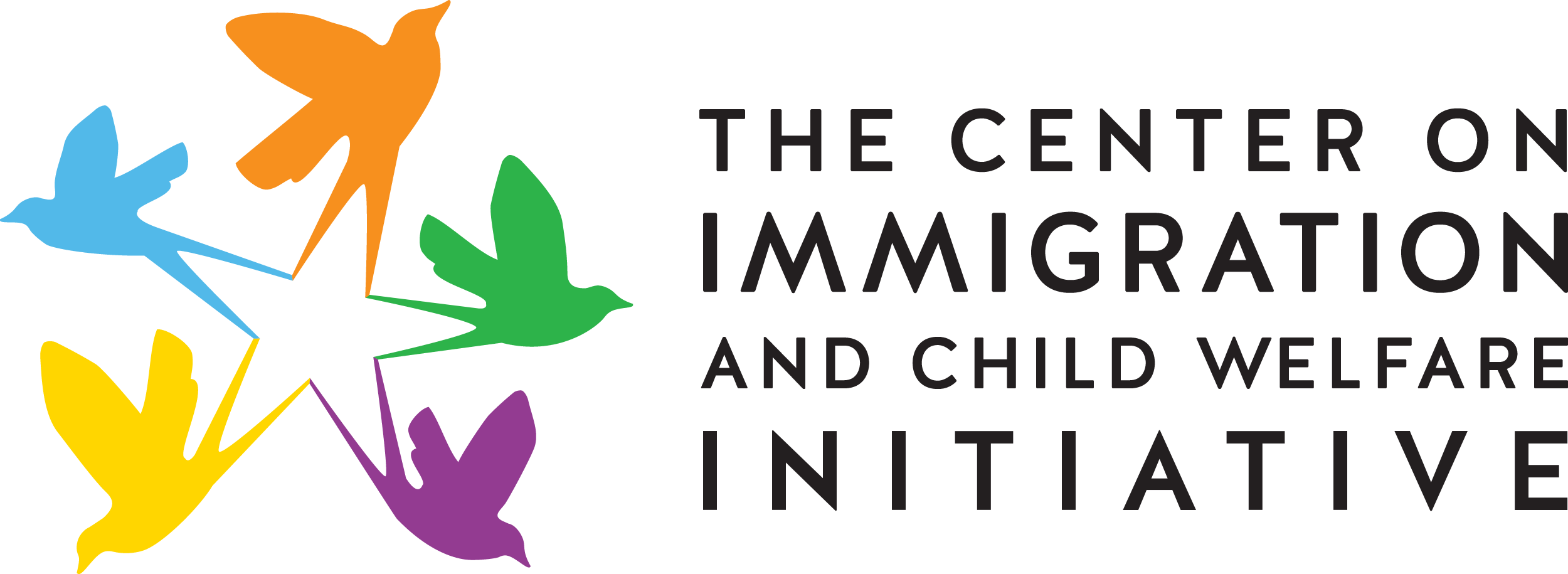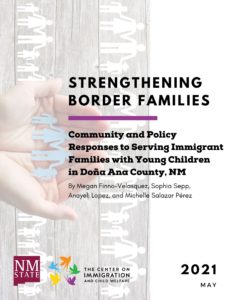Adults in Low-Income Immigrant Families Were Deeply Affected by the COVID-19 Crisis yet Avoided Safety Net Programs in 2020
Hamutal Bernstein, Dulce Gonzalez, and Michael Karpman; Urban Institute (May 2021)
This research explores the persistent chilling effects on benefits program use during the pandemic, particularly among low-income immigrant families who live below 200 percent of the federal poverty level.

 thening Border Families: Community and Policy Responses to Serving Immigrant Families with Young Children in Doña Ana County, NM
thening Border Families: Community and Policy Responses to Serving Immigrant Families with Young Children in Doña Ana County, NM